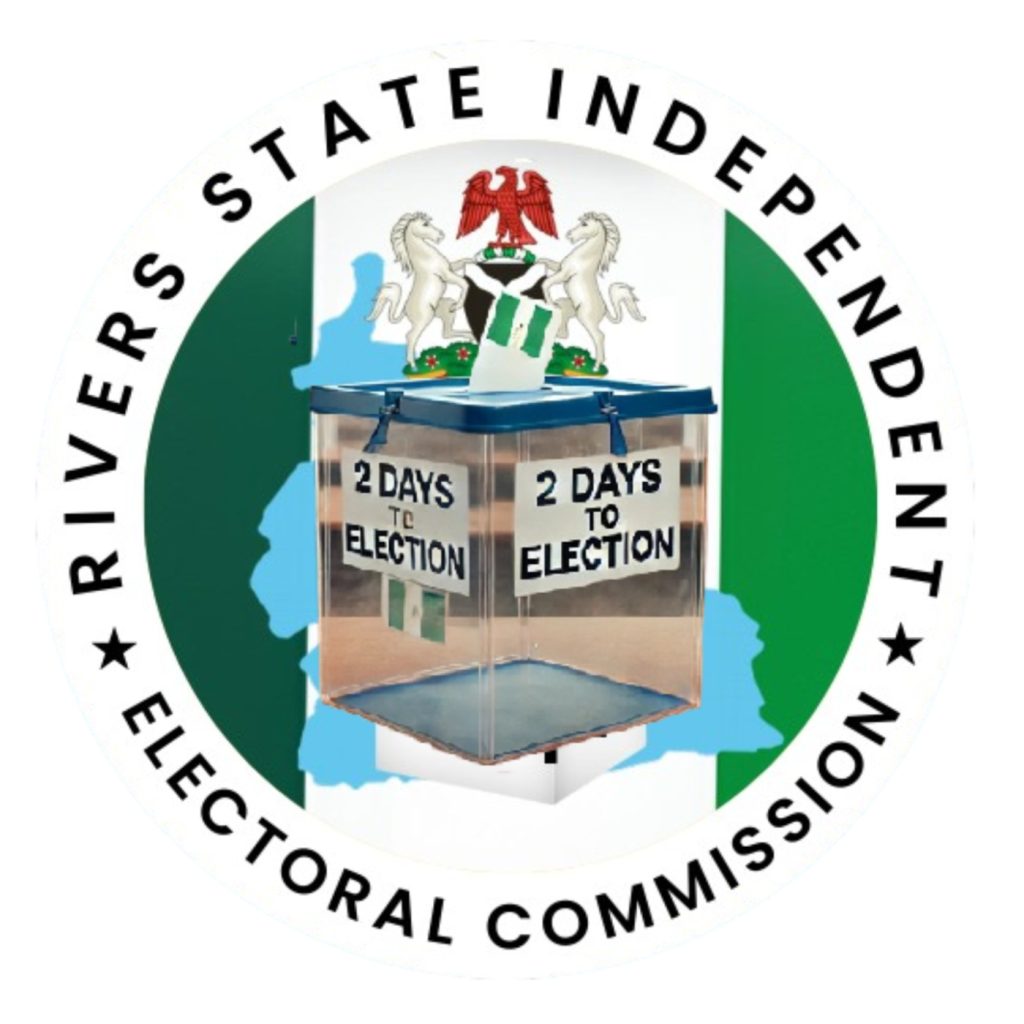Nigeria’s Rivers State Unveils List of Candidates for Local Government Elections Amid Controversy
In a significant move towards the August 30 local government elections in Nigeria’s Rivers State, the Rivers State Independent Electoral Commission (RSIEC) has officially released the list of successful candidates from the recent screening exercise.
The screening, conducted at the Commission’s state headquarters in Port Harcourt, took place from August 8 to August 12, 2025. According to a statement by the RSIEC Chairman, Chief Electoral Commissioner Michael Ekpale Odey, all affected parties are encouraged to verify the names displayed on the Commission’s notice board to confirm their candidacy.
The publication of successful candidates’ names on August 12, 2025, follows the revised election timetable and paves the way for the electoral process to move forward. However, it is worth noting that the election was initially slated for August 9 but was postponed by RSIEC, citing the ongoing political crisis in the state as the reason for the change.
This election has been shrouded in controversy, with several critics arguing that the Sole Administrator, retired Vice Admiral Ibok-Ete Ibas, lacks the constitutional authority to conduct the elections. The legitimacy of the electoral process has therefore been called into question, fueling tensions and uncertainties about the future of governance in Rivers State.
While the publication of successful candidates is a crucial step towards the local government elections, the unfolding drama raises important questions about democratic governance, accountability, and the adherence to the rule of law in Nigeria’s electoral processes.
The developments in Rivers State are being closely watched, not only by local stakeholders but also by the international community, as the conduct of local government elections often sets the foundation for future statewide and national electoral processes.
The situation underscores the enduring challenges associated with local governance in Nigeria, stressing the need for cumulative efforts towards enhancing democratic processes, building institutional capacities, and fostering transparency in the country’s electoral process.
